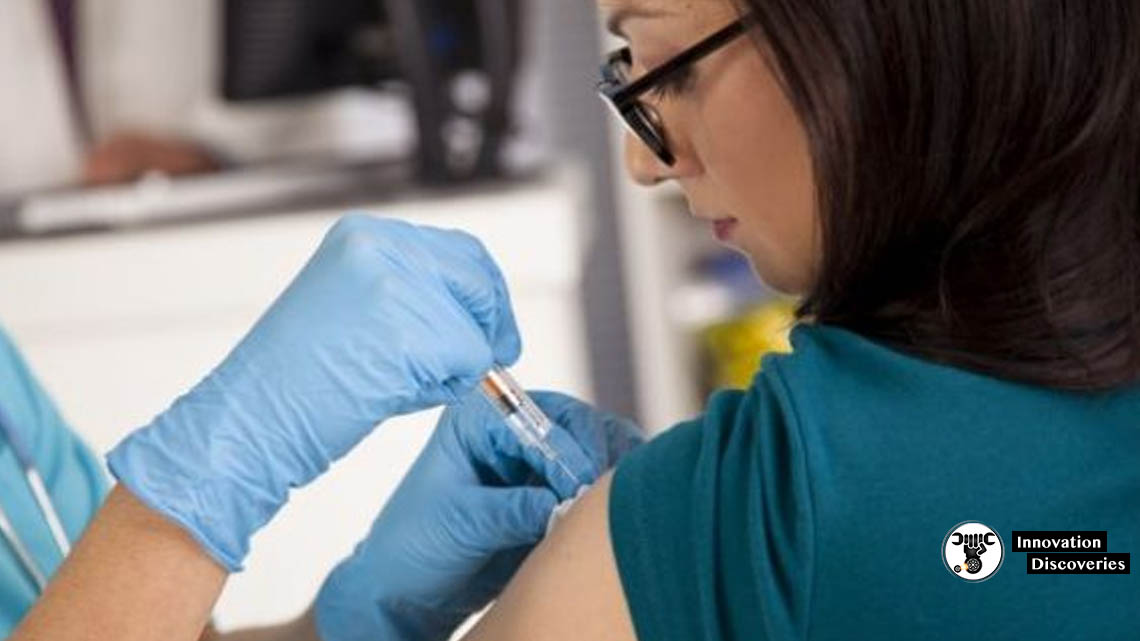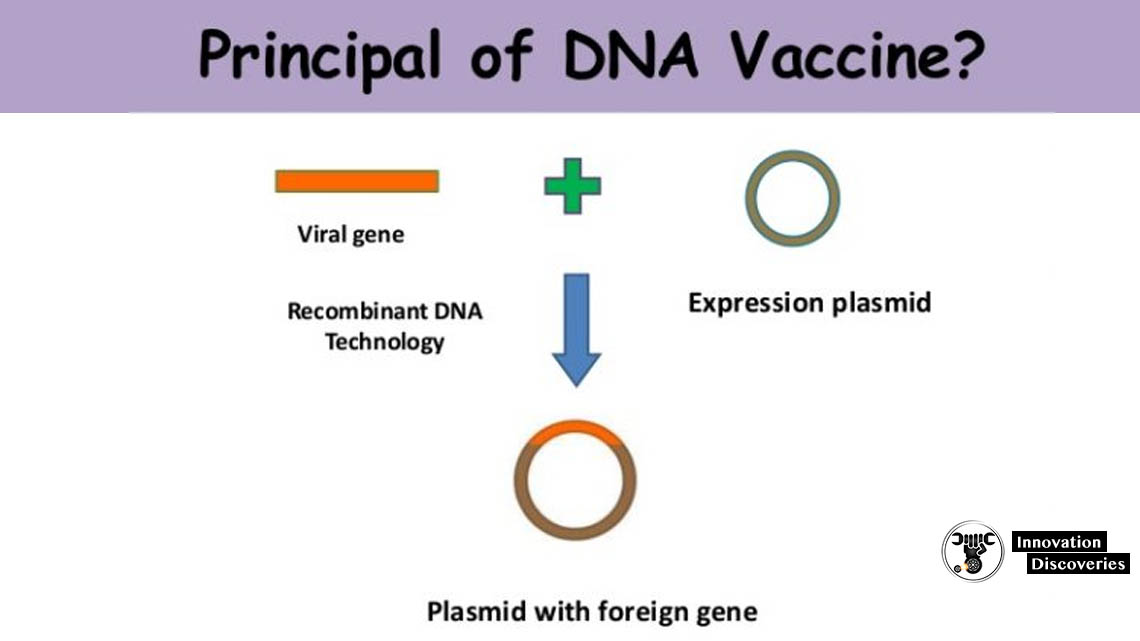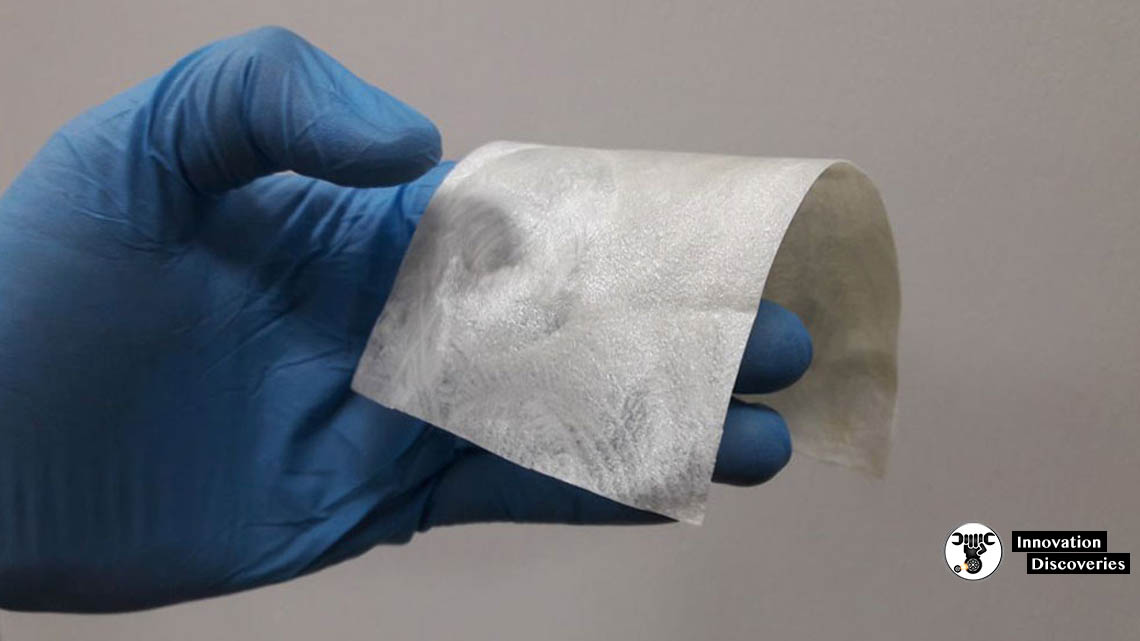
A new research from the University of Washington School of Medicine are developing a DNA vaccine that targets the genetic components of the virus and it shows great potential. Relatively speaking, DNA vaccination is the new kid on the block with regard to the types of vaccines, explains Deborah Fuller, whose UW Medicine lab is leading this innovative research. DNA vaccines are one of the few medical marvels and do not utilize the whole forms of organisms to generate an immune response as used in common vaccines. A DNA vaccine inserts a genetic code into a cell directing it to produce a pathogenic antigen that subsequently triggers an immune response.

We’ve been working essentially with the same vaccine over the last 40 years,» says Fuller. DNA vaccines are not only cheaper and faster to make as compared to conventional vaccines but target the fundamental genetic components of a virus. This solves the problem of genetic drift where if you got a shot for a strain of a virus, a slightly different strain could still affect you. This single shot would be able to protect you from all influenza strains, both in the past and the future.

Early studies with DNA vaccines have not been proved to be very efficient and researchers are still struggling with that. That being said, new delivery methods like dermal skin patches over intramuscular injections have given better results. The latest DNA vaccine experiment for the universal flu shot is showing positive results in the initial animal studies. The new vaccine contains DNA coding for proteins from four different flu strains and an extra protein that is considered to be shared universally among flu strains.

The results have shown a strong immune response triggered in animals on exposure to not only these four specific flu strains but to other flu strains as well. This was very exciting for us. Even though the results are still in their initial stage and human results still won’t be expected for almost a decade. the universal flu shot seems more closer to reality than it has ever been before.
If this research continues to show such promising results, it might change the way we look at influenza vaccines.





